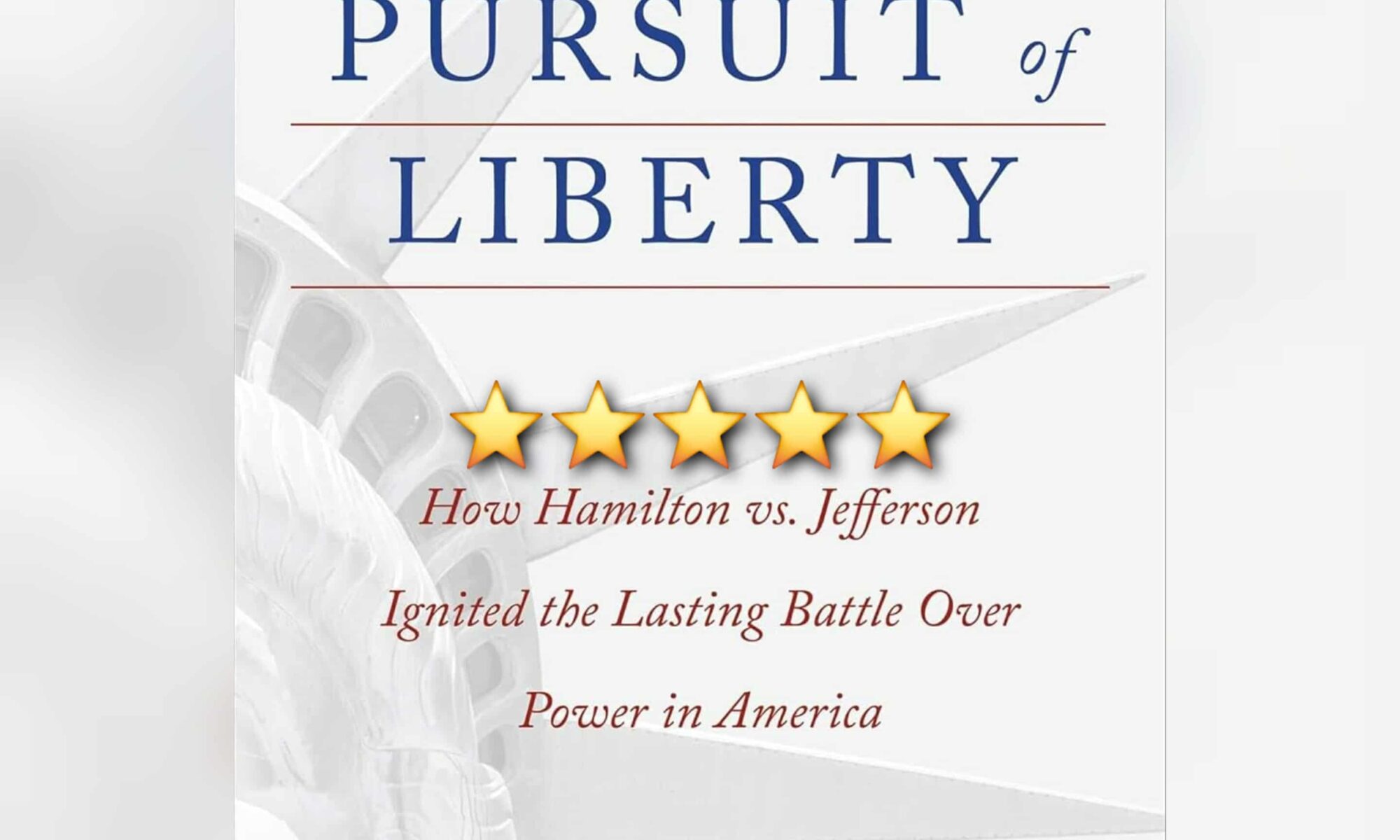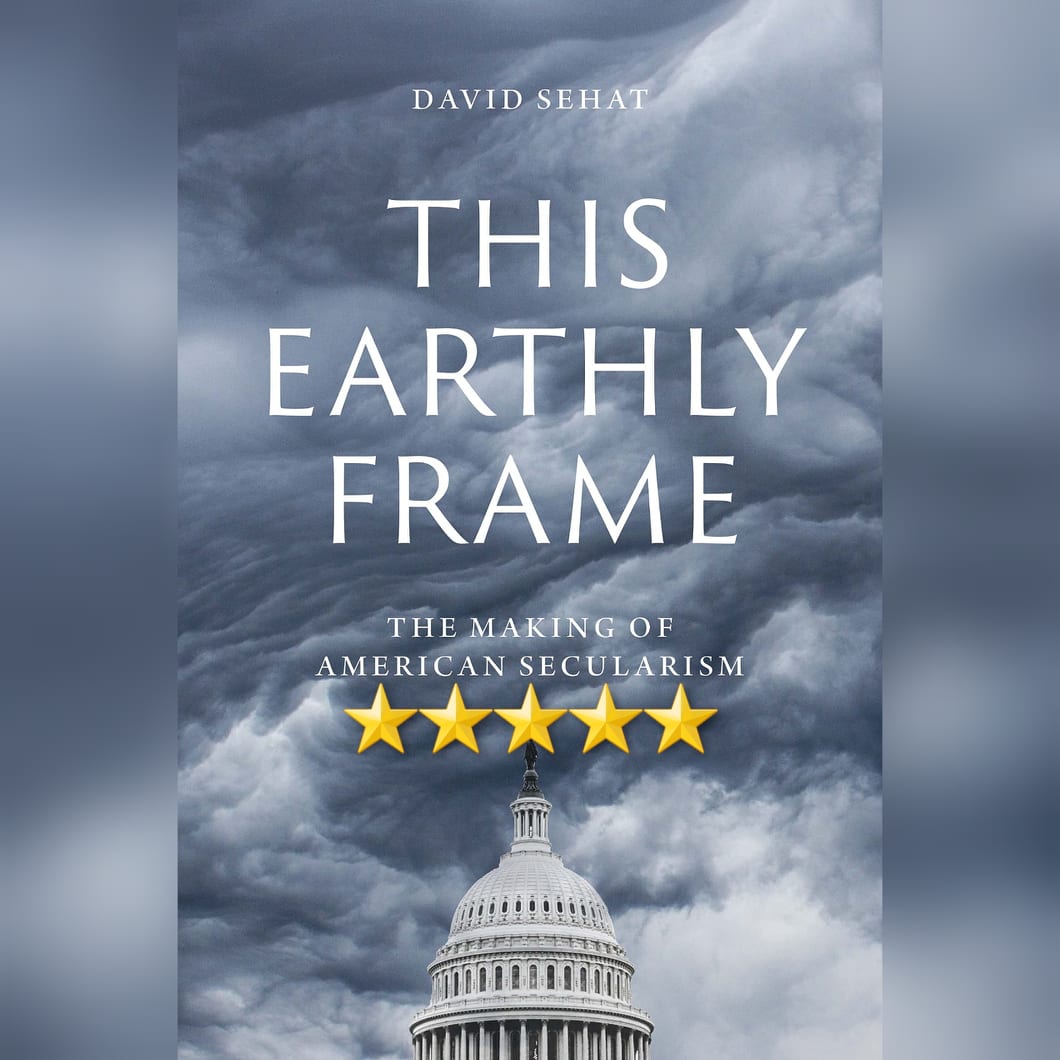Intriguing Academic Analysis Of 250 Years Of American History Through One Central Lens. With about 16% bibliography, Rosen here crafts a well wriiten – if perhaps dryly academic in styling – narrative that serves as both history (particularly of the actual events while Hamilton and Jefferson were both alive) and filter to history (as American history progresses through 2024).
On the actual history end, Rosen is perhaps at his best, seemingly almost bringing us into the rooms where these discussions and their resultant divisions first happen. On the historical filter end, Rosen does a solid job of keeping his filter intact while examining different periods of American history from its earliest days and first insurrections (the Whiskey Rebellion, among others) through the Jan 6, 2021 “insurrection” (used in quotes here because even this text shows how dramatically different they were). And yes, we get stops at Jackson and his Indian Removal, the obligatory Civil War look, several other key points in American history. All through this lens of how various leaders chose to interpret the writings and philosophies of both Hamilton and Jefferson.
Overall it really is a fascinating look that both illuminates key ideas in new ways and works well with other books and their own filters to give a more complete view of both the American Founding and the resultant 250 years of American history. Thus, it is absolutely one that every American should read and consider, and it may well be something that even those outside the United States could learn valuable lessons about either their own countries or perhaps just the American mindset which frequently flips between Hamiltonian and Jeffersonian ideals.
Very much recommended.
This review of The Pursuit Of Liberty by Jeffrey Rosen was originally written on October 21, 2025.


